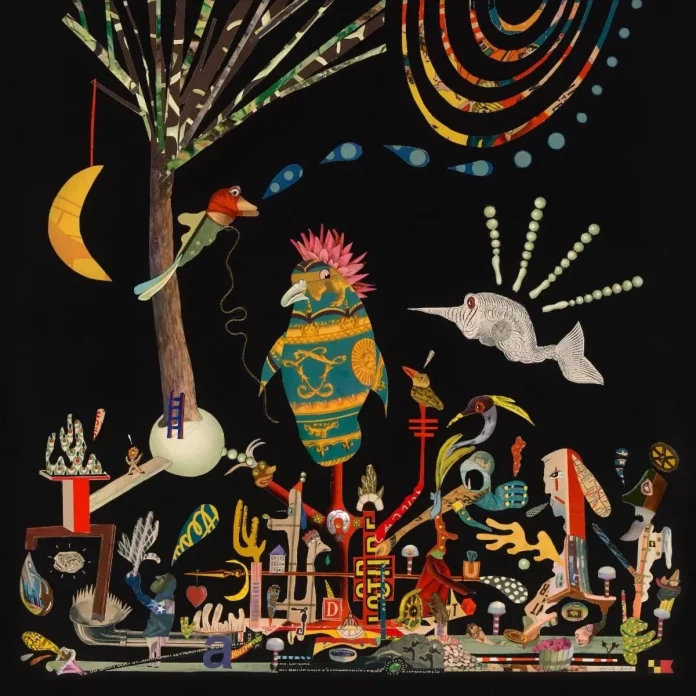You’re living in the past if the title of this album by the American collective quintet Butcher Brown and colleagues reads like something pinned by a spook to a tree in Central Park, and a virtually lost cause if you need help to decode the following from the band’s PR puffery: “Butcher Brown is a jazz festival mainstay that could tour with Tyler, the Creator as easily as Khruangbin.”
Conceived as a hip-hop feature, the album has, according to the quintet, evolved into an “ode” to big band jazz. It’s an act of deconstruction and, as might be expected, little to do in at least aural terms with Woody Herman or Tommy Dorsey. But Butcher Brown’s artistic credo is familiar enough: its music is solar: that is, the band takes from anywhere and everywhere under the sun, creating a “mash” of soul, funk, hip-hop, rock and for all I know liturgical music of the Middle East. Best is to suck it and see. Mash? They used to call it fusion.
Lawd Why is as good an example as any of the results of mashing. The rap vocals of Marcus “Tennishu” Tenney are saying something in that familiar double time to the music, itself anchored to a monotonous water-torture beat. It sounds interesting, nay important, but I defy anyone to transcribe it even by stopping and starting the music. For sure it’s more urgent and worthy of our attention than is, say, “Well all right, OK, you, win; I’m in love with you”, which is the kind of sentiment associated with some of the big band sounds Butcher Brown is referring to.
The big band tropes – brassy riffs, dense background infilling – are mainly used here to intensify what might be on hand as a matter of course in an OTT performance by James Brown. So what’s new? Nothing much. Big band jazz doesn’t need hip-hop any more than hip-hop needs big band jazz. A listener with no musical prejudices might describe this album as the coming together of two genres for enhancement but not for extension. That said, it’s hip-hop which comes out unscathed and big band jazz whose currency is debased.
Discography
Triple Trey (Intro/How Much A Dollar Cost); Freeze Me; Liquid Light; Lawd Why; Git Along; 777 (Intro); 777; 777 (Outro); Breevin’; Cusian; Unbelievable; Triple Trey (Outro/How Much A Dollar Cost) (36.11)
DJ Harrison (multi-instrumentalist); Andrew Randazzo (b); Marcus “Tennishu” Tenney (t, s, MC); Morgan Burrs (g); Corey Fonville (d). No recording details given. No details of other personnel.
Concord Jazz
















